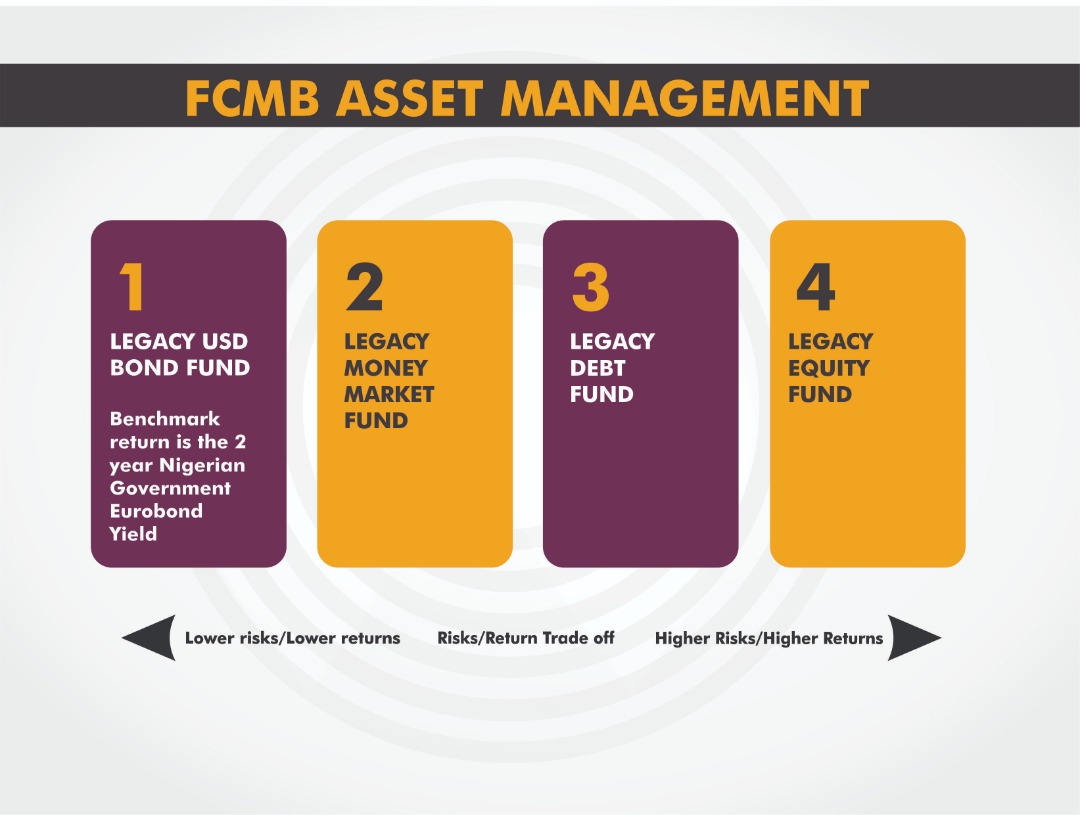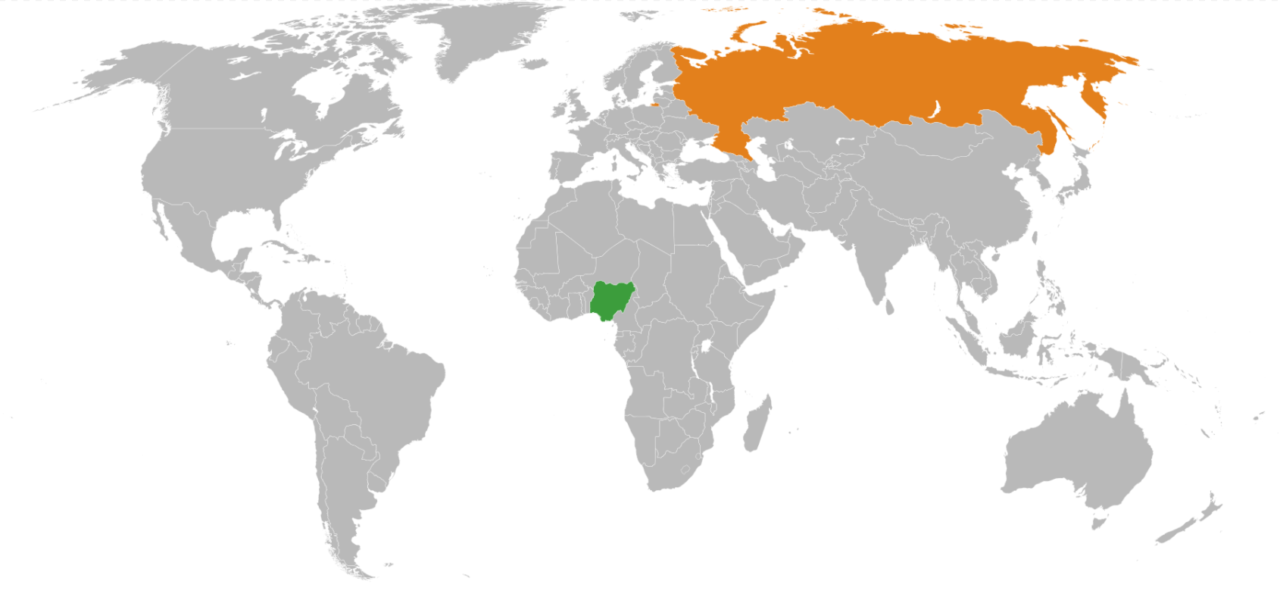Endowments As A Funding Options For Nigerian Universities
In Nigeria, three things are certain, Death Taxes and ASUU Strikes
ASUU is the union representing the Academic Staff of Nigerian Universities. The union has been on strike since 1981; Figure 1 is a newspaper cutting of November 1981 saying, “ASUU may call off strikes”. ASUU strikes have essentially about the welfare of their members. This latest ASUU strike ongoing sees the union representing the senior staff of Nigerian Universities (SSANU) and the union representing the non-academic staff of the universities (NASU) joining ASUU to shut down tertiary education in Nigeria comprehensively
Figure 1
What are ASUU’s Demands
ASUU demands are about welfare. They include;
- Renegotiation of the 2009 FGN/ASUU Agreement,
- Abrogation of the fraudulent and corrupt IPPIS scheme and the deployment of UTAS,
- Payment of promotion arrears,
- The proliferation of State Universities
What Has ASUU Got From Strikes
ASUU, in 2009, agreed with the Federal Government of Nigeria (FGN) to create different and unique conditions of service reflected in a salary structure for university academic staff called the Consolidated University Academic Salary structure II (CONUASS II). This new salary scheme was based on a comparative study of allowances and remuneration of Nigerian lecturers who emigrated to South Africa, Ghana, Botswana, and other eastern nations. CONUASS II has other perks for the academic community, including;
- Auto loan, equivalent to annual basic salary at 2% for four years
- Housing loan of eight times the annual salary
- Increase in retirement age of professors to 70
- Pension earned equivalent to a yearly salary
- Establishment of a separate Nigerian University Pension Management Company NUPENCO
These promises were jointly agreed upon and were to cost the FGN One Trillion, Five Hundred and Eighteen Billion, Three Hundred and Thirty-One Million, Five Hundred and Fourth Five Thousand, Three Hundred and Four Naira (N1,518, 331,545,304). These disbursements were to be spread over three years, from 2009 to 2011. Add to this, and each State University shall require about N3.6m per student over three years (2009-2011)
How Were These CONUASS II Promises Made To Be Funded?
According to the agreement., the funds were to come from the Federal and State Governments, to be specific;
- 26% of the annual budget allocated to education by the State and Federal Governments
- 50% of the 26% total allocation for education earmarked for universities
- Earmark the Education Tax Fund to Higher Education Only
- Petroleum Technology Development Fund
- Transfer of landed property
- Patronage of university services
- Private Sector contributions via tax relief
Why Is ASUU Striking Now?
ASUU asks for direct funding from the Federal and States, then insists that “the autonomy of the university and academic freedom should be enhanced and protected” The current ASUU strike is predicated on the assertion that the FGN did not treat the agreement with “utmost urgency”. These issues include the failure of the government to implement the agreement it signed in 2020 on funding for the revitalized of Federal and State universities and the renegotiation of the 2009 ASUU agreement. In summary, the ASUU strike is about funding higher education. ASUU is demanding “autonomy” but insisting the financing of universities must include funds from the Federal and State governments; this, in my view, is a fiscal oxymoron. ASUU grabbed the existing Education Trust Fund but failed to agree on a structure to gather and transfer tax revenues to the universities.
There can be no autonomy without financial stability. I want to offer the ASUU some suggestions on how it can attract funding to the Nigerian universities, and it’s not novel; all good universities in the world operate an Endowment scheme. However, let us customize that endowment scheme a bit for Nigeria
A Framework For Funding Of Nigerian Universities
First, I propose that ASUU asks the Federal and State to work with the National Assembly (NASS) and pass a bill to create Education Savings Accounts (ESA). This account will be tax-exempt Parents can open it on behalf of their children but can receive tax-exempt contributions. When a child is born in Nigeria, the FG/States can make a one-time cash donation to the ESA of that child when he is vaccinated and attends primary school. This can also be a transferable tax credit. Thus the parent or guardian can make this donation and claim that donation from FG/States. This ESA creates a pool of long-term savings in Nigeria earmarked explicitly for education.
Next, pass an Endowment Tax Law with very simple provisions. Companies and individuals can contribute to endowments funds set up by Nigerian universities but managed by licensed Pension Fund administrators. An endowment is an aggregation of assets invested by an organization to support an objective or cause in perpetuity. An endowment provides stability because the recipients know that the funds exist. Endowments facilitate the transfer of private wealth to public institutions like Endowments Harvard has an endowment of about $53m. The University of Texas System has the largest endowment of a public school at $42m. The average US endowment returned 30.6% as of June 2021, according to an annual survey conducted by the National Association of College and University Business Officers (NACUBO)
An Education Savings Scheme and a Higher Education Endowment Fund create a viable, sustainable but, most importantly, permanent means to fund Nigerian Higher education. If ASUU placed that N1, 518, 331, 545,304 it negotiated in 2009 into an endowment fund to yield even 5% per annum, then ASUU would receive N75b annually in perpetuity. With this certainty of funds, ASUU could also issue bonds to the ESA to long-term fund the university system. Nigerian universities can reach out to their alumni to support their Endowment Funds via gifts and donations.
The net effect of this long-term is a natural autonomy as the endowments grow. A school like the University of Nigeria will have three new sources of revenues
- Borrowing via issuing education bonds to the ESA
- Annual disbursements Income from UNN endowment Find
- Annual disbursement Income from ASUU Endowment Fund
Again, these are not novel ideas. The surprise is the absence of the word “endowment” in the entire agreement ASUU presented to FGN in January 2009. Endowments solve the funding issues of ASUU and education in Nigeria.






Comments are closed.